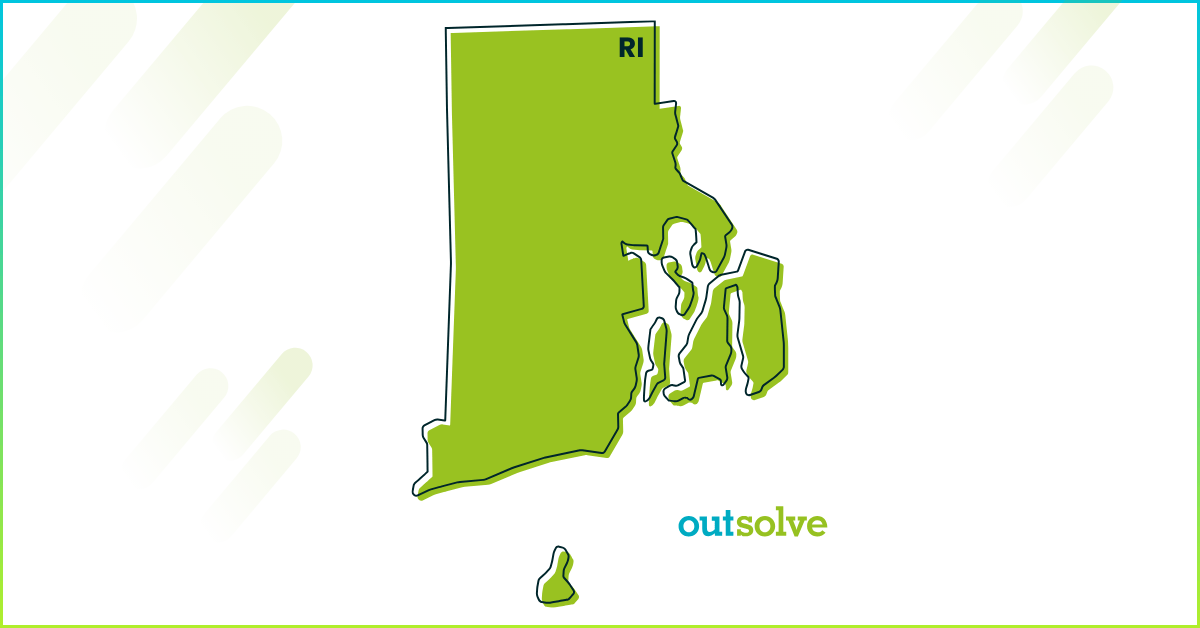1 min read
New Jersey's Pay Transparency Law Poised for 2025 Rollout
 Debra Milstein Gardner
:
Oct 29, 2024 11:15:00 AM
Debra Milstein Gardner
:
Oct 29, 2024 11:15:00 AM

Post Updated: December 17, 2024:
New Jersey's Pay Transparency Law Takes Effect June 2025
New Jersey has joined the growing list of states advancing pay transparency with Governor Phil Murphy signing Senate Bill 2310 into law effective June 1, 2025. This law will require employers (including consulting firms, job placement, referral, and employment agencies) with at least 10 employees over 20 calendar weeks to disclose salary ranges and general benefits in job postings, whether internal or external.
The law also requires employers make reasonable efforts to announce opportunities for promotion to all current employees in the affected department prior to making a promotion decision. Promotions based on employee tenure are not required to be posted. Businesses operating or accepting job applications in New Jersey will be impacted even if they have no employees physically located in the state. This broad application aims to enhance pay transparency for both new hires and promotional opportunities. While businesses are allowed to increase compensation when extending a job offer, they must first provide an accurate wage range and benefits overview.
Penalties for non-compliance start at $300 for a first violation and increase to $600 for subsequent violations. Enforcement will fall under the New Jersey Department of Labor and Workforce Development, and employees or job applicants cannot bring private lawsuits under the law.
OutSolve's Take
The New Jersey state pay transparency law (S2310) will coexist with more stringent local regulations, such as Jersey City's Ordinance 22-045. While the state law requires salary ranges and benefits disclosures in job postings for employers with 10 or more employees, Jersey City's ordinance applies to businesses with five or more employees and mandates the inclusion of both minimum and maximum pay for all job postings, including those for independent contractors. Employers operating in cities with stricter local laws must comply with both state and local requirements, navigating overlapping obligations.
To prepare, employers should begin reviewing and documenting pay ranges for all job classifications to ensure compliance with both state and local transparency requirements
OutSolve has created Navigating Pay Transparency Laws: A Comprehensive Guide for Employers which will help you learn more about pay transparency. We also offer proactive compensation solutions to support your organizational needs.
Debra Milstein Gardner has worked in the Equal Employment Opportunity (EEO) and Affirmative Action (AA) space for the past 43 years while working in the public and private sectors in various human resources compliance roles. She began her career working for the Equal Employment Opportunity Commission and then went to the Marriott Corporation for nine years working in EEO, Affirmative Action and field human resource roles. In 1990, Debra founded Workplace Dynamics LLC providing EEO, AA, and DEI consulting services to government contractors. In 2016, Debra sold the affirmative action portion of Workplace Dynamics to OutSolve LLC and works part-time as a Market Analyst. Debra is a sports fanatic, routing for the Baltimore Ravens and all Virginia Tech Hokie teams. She loves to hike and boat in her mountain and lake community of Lake Lure, NC.
Weekly OutLook
Featured Posts

5 Key Compliance Items HR Can’t Afford to Ignore

HR Compliance Checklist: What Every HR Pro Needs to Know
Related Posts

What You Need to Know About the Rhode Island Pay Transparency Law
Pay transparency continues to gain traction at the state level, and Rhode Island is no exception. Let’s dive into the details of how this law works...

Legal Series: How to Balance Transparency with Confidentiality in Executive Compensation
This article is part of an ongoing legal series designed to provide insight and practical guidance on current and emerging workplace compliance...

Federal Contractor Data from 2016-2020 EEO-1 Consolidated Reports to Be Posted on OFCCP’s Website
After several years of litigation, the Office of Federal Contract Compliance Programs (OFCCP) will be posting federal contractor EEO-1 race/ethnicity...
